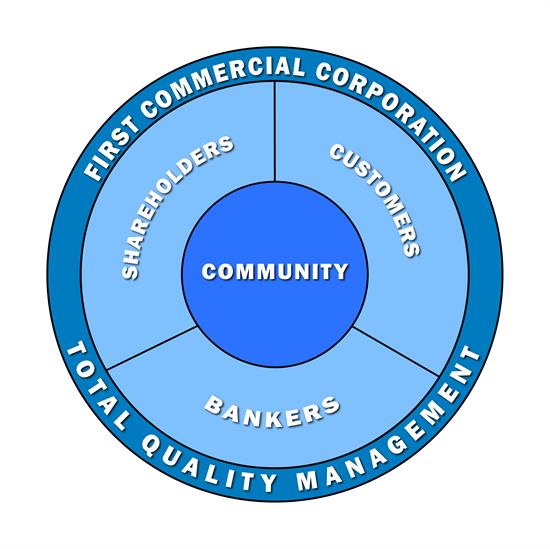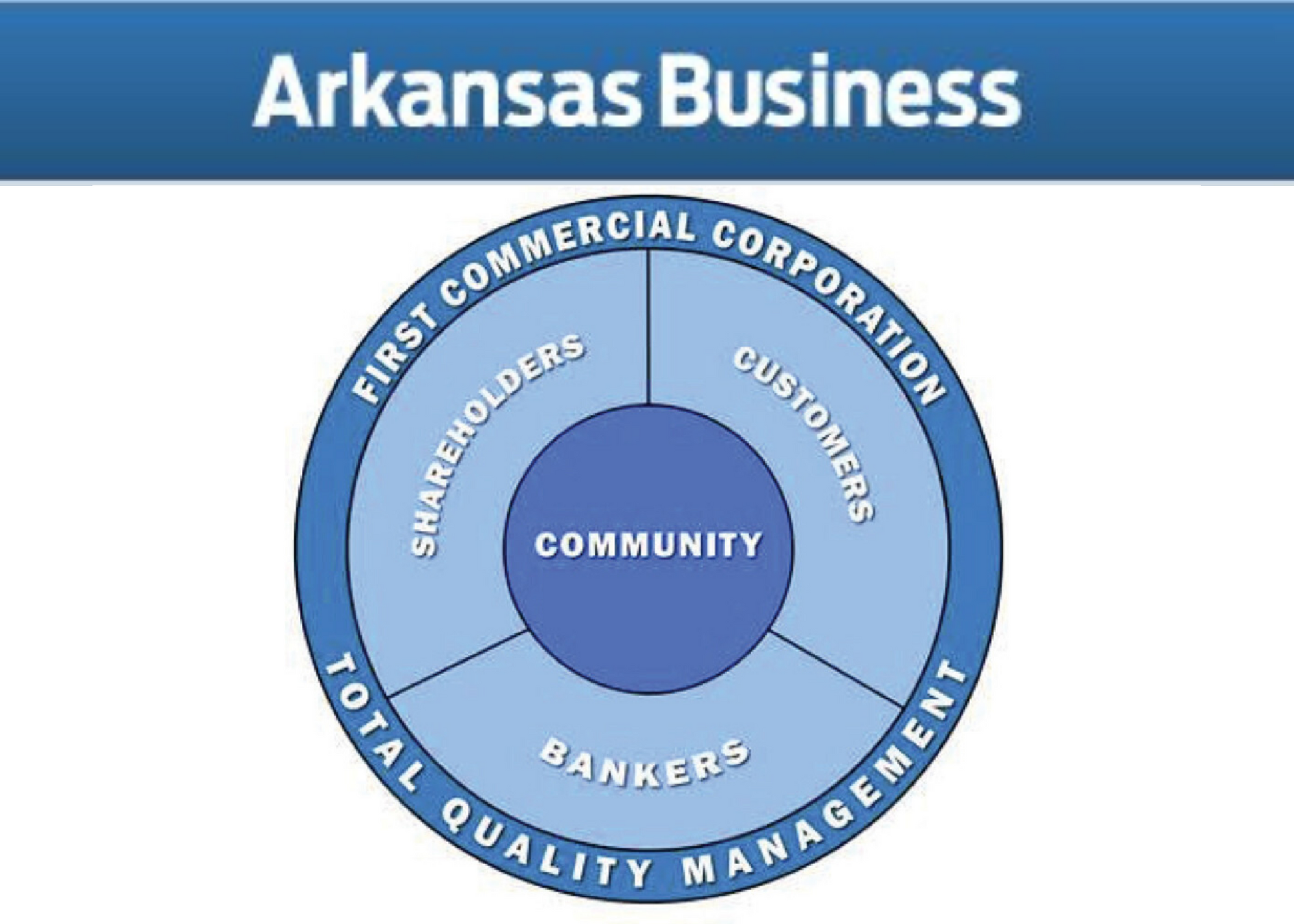WASHINGTON, D.C. — Recently, Arkansas Business published Congressman French Hill’s (AR-02) op-ed responding to the recent Business Roundtable (BRT) “Statement of the Purpose of a Corporation.” The statement, which has been signed by 181 CEOs, commits them to “lead their companies for the benefit of stakeholders – customers, employees, suppliers, communities, and shareholders” – which is a departure from the previous notion of solely serving the shareholders of a corporation.
As a former corporate executive, Congressman Hill argues that good corporate governance can, and should, focus on both what’s best for shareholders and the larger community.
The full op-ed is copied below.
Redefining Corporate Governance
Arkansas Business
By: Congressman French Hill
November 11, 2019
The latest tempest in a teapot in Washington, D.C., revolves around the Aug. 19, 2019, release of a new “Statement on the Purpose of a Corporation” from the Business Roundtable, which I discussed in a recent House Financial Services hearing with the commissioners of the Securities & Exchange Commission. The statement, which has been signed by 181 CEOs, commits them to “lead their companies for the benefit of stakeholders — customers, employees, suppliers, communities and shareholders” — which is a departure from the previous notion of solely serving the shareholders of a corporation.
The Washington-based BRT is composed of the largest companies in the nation, which means that “Beltway” reporters pay a disproportionate amount of attention to their prognostications. On the right, critics questioned whether the BRT will be abandoning the needs of their shareholders altogether. On the left, activists cheered that they had cowed corporate America into adopting their ever-changing outrage fads. In fact, both represent vast overreactions. The CEOs who signed the statement understand that companies have a fiduciary responsibility to their shareholders and stated the same when they included “generating long-term value for shareholders, who provide the capital that allows companies to invest, grow, and innovate” in the list of commitments.
I am knowingly walking into this tempest because I have firsthand experience with this issue. In the early 1990s, I had the privilege of serving as an executive at the publicly traded First Commercial Corp., a bank holding company headquartered in my hometown of Little Rock. First Commercial, now part of Regions Financial Corp., initiated a companywide “total quality management” effort. Based on the parameters developed by Edwards Deming and promoted by the Baldrige Award, the company initiated systemwide training of all employees at all levels within the firm. They set goals for all aspects of the enterprise, focusing on “continuous improvement” with the goal of maximizing the company’s best prospects for achieving its goals, not the least of which was top quartile earnings-per-share performance in the industry.
Through this effort, the employees brainstormed the ideal diagram illustrating how we would accomplish our goal of being a top-performing bank in the United States. The results of their effort are the diagram below.
As you can see in the design, employees, customers, and shareholders — in equal thirds — surround the communities that the bank serves. This TQM medallion, which was also used as a recognition award for employees, bears a striking resemblance to the controversial Aug. 19, 2019, statement by BRT CEOs. Building long-term shareholder value is critical, but it is part of a larger, virtuous circle that requires companies to deliver value to customers in order to generate profits by qualified employees, all while being good corporate citizens within the community.
Focusing on the shareholders, employees and customers within the community resulted in exceptional financial success for First Commercial. Our shareholders were rewarded with the highest multiple paid for book value by a bank acquisition in 1998 nationwide.
Rather than continue to add more hot air to the BRT debate, let’s embrace the reality that corporations can, and should, focus on both what’s best for shareholders and the larger community.




